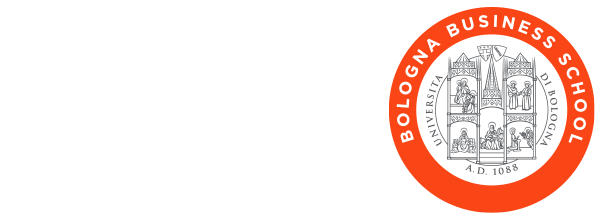Abstract
The packaging industry is one of the strategic sectors of the European Strategy for Plastics in a Circular Economy. It is motivated by the high consumption rate, accounting for almost 50% of the total demand for plastic materials. The urgency to deal with this sector is also highlighted by the lack of harmonisation in waste management performance, the massive presence of plastic packaging in marine ecosystems and the resulting normative pressures that are translated into a multitude of policies, from the introduction of ambitious recycling targets to single-use-plastic bans, plastic taxes and new eco-design criteria.
Looking at the context from the industry perspective, packaging is a strategic element for all sectors. It has always been considered at the forefront of marketing and even sustainability strategies. However, challenges for its sustainable transition are high, especially when plastic materials and components are included. Moreover, if the perspective of a small enterprise involved into the supply chain comes into play, the factors possibly supporting or blocking innovations become more pressing. Indeed, packaging companies are today called upon by brand owners to provide alternative and greener packaging but still satisfying original purposes.
However, when a small enterprise like Arti Grafice Reggiani develops an ecodesigned, sustainability-oriented innovation, eliminating plastics from food packaging, the benefits for the environment can become paramount for sustainability transition in the context of circular economy of a broader industrial ecosystem. How to valorise such innovation represents the core of the present case.
Target audience
- Undergraduate, postgraduate and executive education courses.
Teaching objectives
- Identification of relevant framework for measuring sustainable performance
and KPIs - Identification of potential customers and benefit of the innovation to leverage on
- Analysis of environmental and economic benefit of an innovative design solution,
within the framework of Circular Economy



